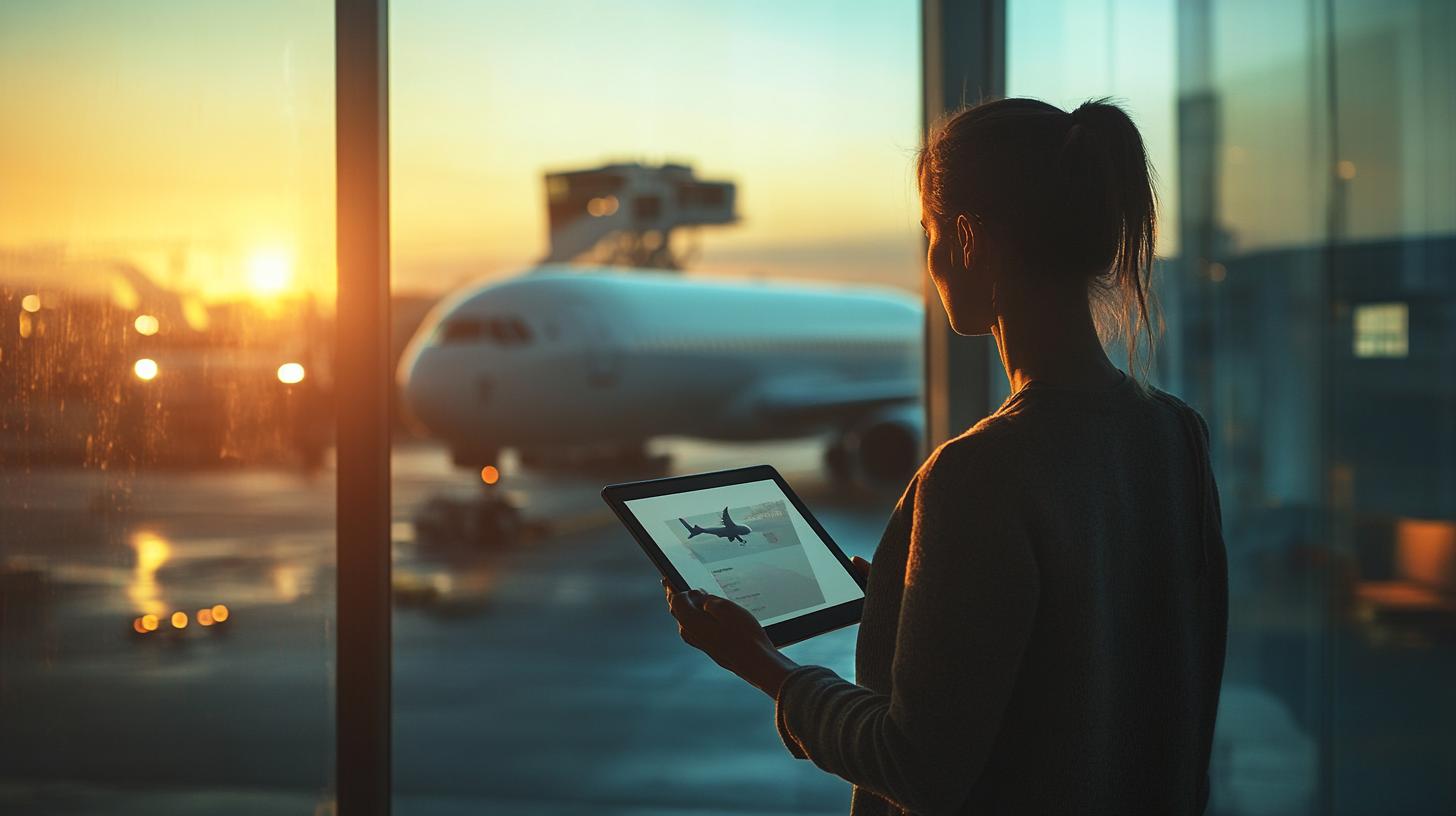
Smarter email, faster business.
Trending
Airline Uses AI to Reduce Flight Delays

British Airways Harnesses AI to Enhance Flight Punctuality
British Airways has reported a marked improvement in flight punctuality at its Heathrow hub, attributing this progress to a £100 million investment in artificial intelligence and digital technologies. In April, two-thirds of the airline’s departures from the west London airport left ahead of schedule, representing more than double the rate recorded in April 2023 and nearly 20 percent higher than in April 2024.
Technological Innovations Driving Operational Efficiency
The airline credits its success to the integration of AI, forecasting, optimisation, and machine learning into its operational framework. These technologies have facilitated the creation of digital tools and applications designed to streamline processes and bolster resilience. One such AI-driven system enables staff to assign arriving aircraft to stands based on real-time analysis of passengers’ onward travel plans, significantly reducing the risk of missed connections. British Airways estimates that this innovation has saved approximately 160,000 minutes of delays. Another system proactively reroutes aircraft to circumvent adverse weather conditions, preventing an estimated 243,000 minutes of delay.
During the first quarter of the year, 86 percent of British Airways flights from Heathrow departed on time, marking the airline’s best performance on record and a substantial improvement from 46 percent in 2008.
Leadership Perspective and Industry Challenges
Chief Executive Sean Doyle, speaking at an innovation summit in Pittsburgh, underscored the critical importance of operational performance. He stated, “Improving operational performance is a key part of our investment programme because we know the impact delays and disruption can have on our customers. Whilst disruption to our flights is often outside of our control, our focus has been on improving the factors we can directly influence and putting in place the best possible solutions for our customers when it does happen.”
Despite these advancements, the integration of sophisticated AI systems into airline operations presents significant challenges. British Airways and other carriers must carefully navigate the complexities of merging new technologies with existing air traffic control infrastructure, while maintaining stringent standards for data privacy and security. The high costs associated with implementation, alongside the necessity for extensive testing and compliance with rigorous aviation safety regulations, remain considerable hurdles.
Broader Implications for the Aviation Sector
The airline industry is closely monitoring British Airways’ progress, with market analysts anticipating heightened investor interest in AI-driven aviation solutions. Competitors are expected to respond by adopting similar technologies or forming partnerships with AI startups to enhance their operational capabilities. Concurrently, regulatory bodies are likely to increase scrutiny as they evaluate the safety and reliability of AI applications within critical transport infrastructure.
As British Airways continues to advance its digital innovation agenda, the wider aviation sector confronts both promising opportunities and significant challenges in leveraging artificial intelligence to improve efficiency and reduce flight delays.